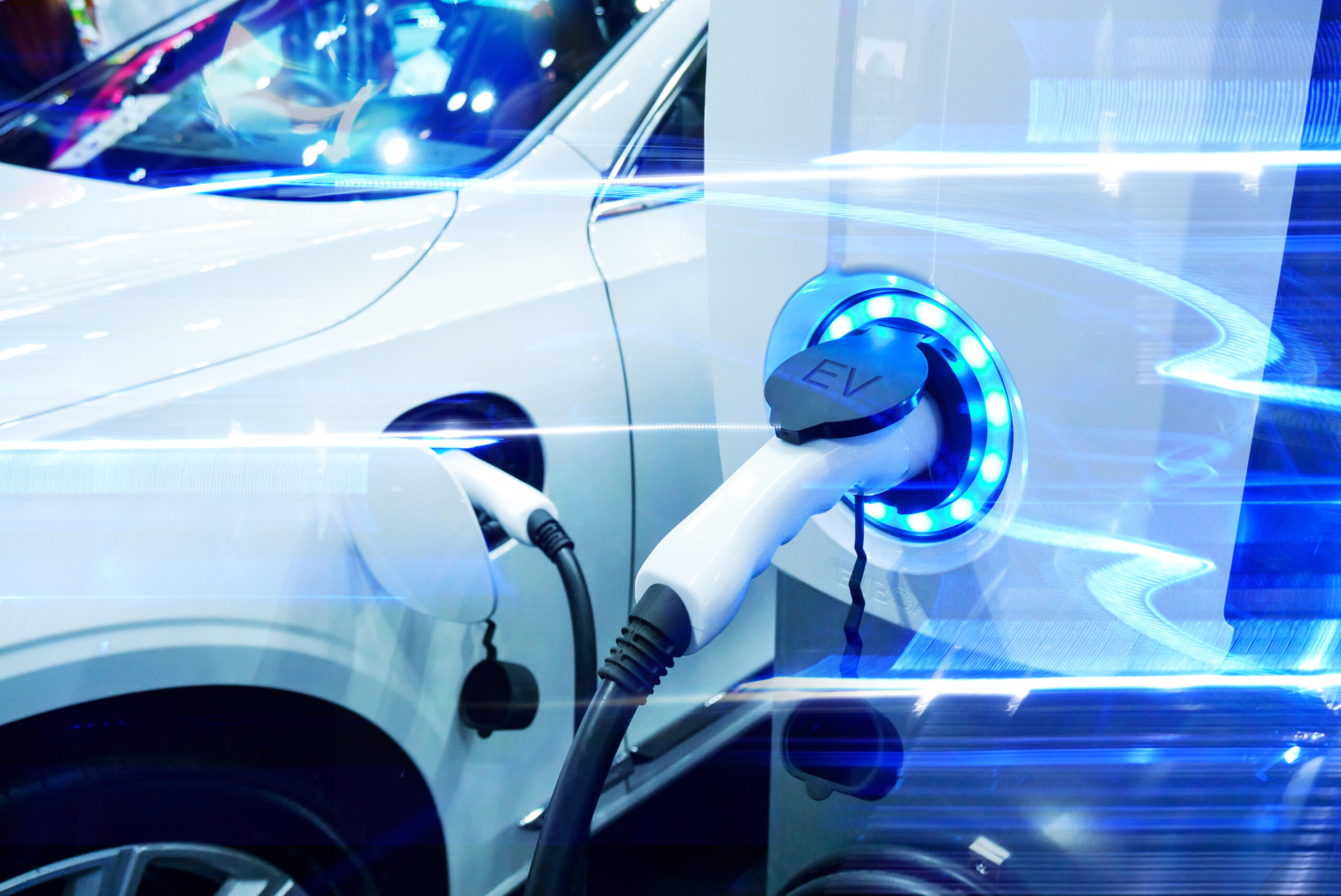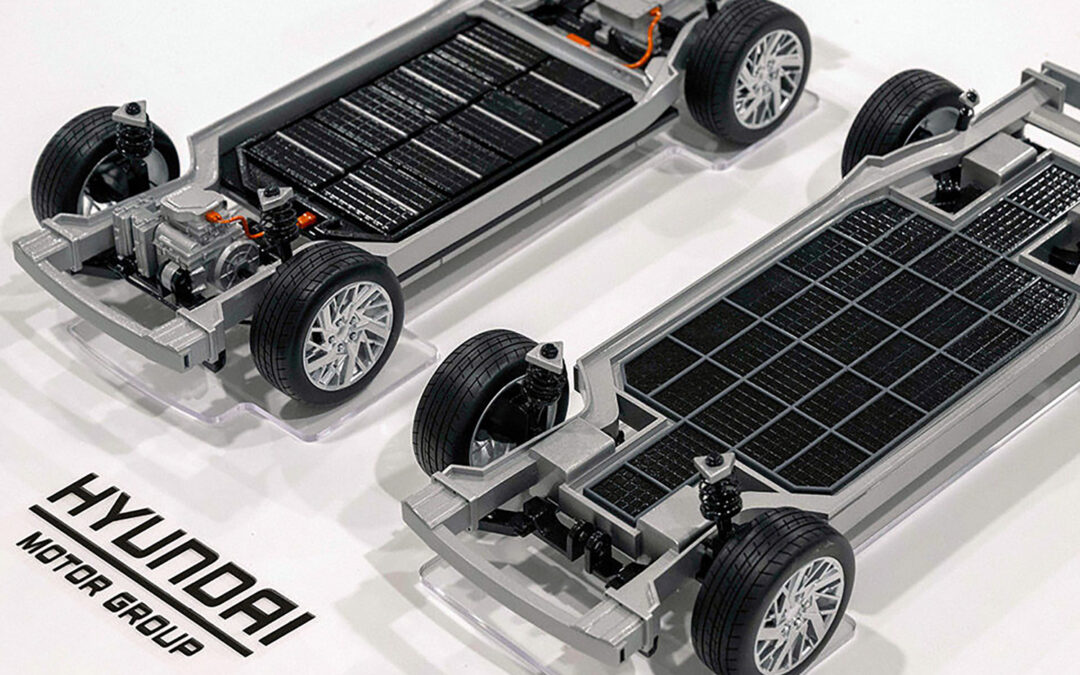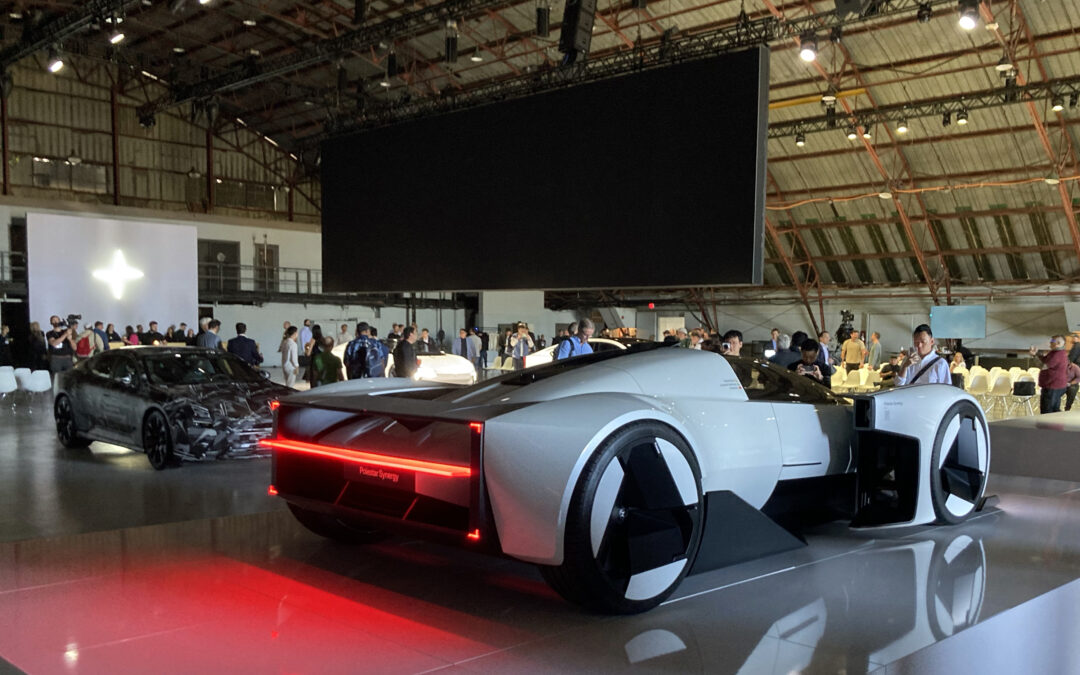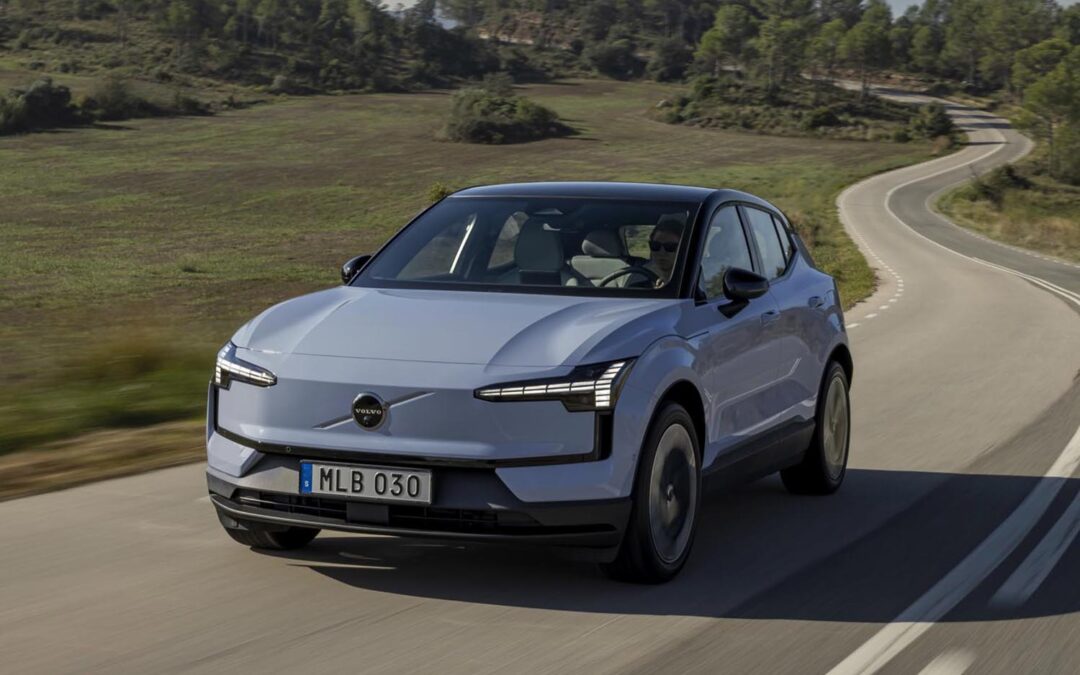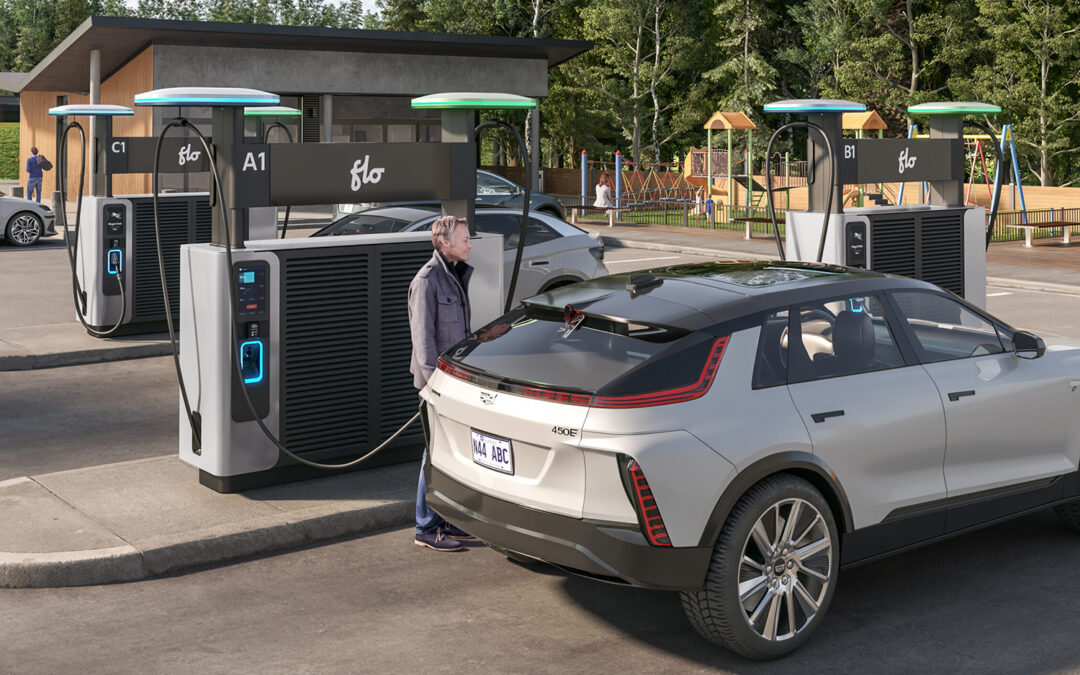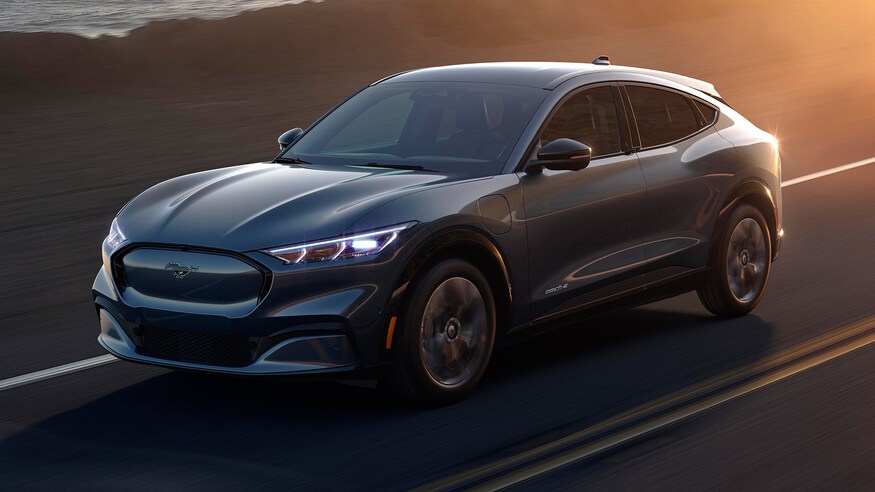Seven automakers have joined forces to plan a large-scale network of Level 3 fast chargers across North America, in a move that will challenge Tesla’s fast and reliable Supercharger network.
BMW Group, General Motors, Honda, Hyundai, Kia, Mercedes-Benz Group and Stellantis are creating a joint venture with the goal of at least 30,000 Level 3 DC chargers in the US and Canada, the first of which are scheduled to open next summer in the US, with Canada at a later date. What’s more, all chargers are planned to use renewable energy for power.
The chargers will feature both CCS and NACS charge connectors, the latter of which was developed by Tesla and is being adopted by General Motors, Ford, Mercedes, Volvo, Nissan and Rivian (so far). They’ve already made deals with the Elon Musk-owned automaker to use its Supercharger network, which numbers around 12,000 ports across North America.
The joint venture will take advantage of billions of dollars in subsidies from the US government’s Inflation Reduction Act, which targets 500,000 chargers in that country by 2030. There is no indication as of yet what each automaker will be investing into this joint venture.
The charge stations will be focused on customer comfort, found in convenient locations and offer amenities such as rest rooms and restaurants wherever possible. They will also be compatible with each automaker’s proprietary in-vehicle infotainment and apps, and will use Plug & Charge technology.
Our take This is exactly what North America needs. In a recent KPMG survey, range anxiety remains a key inhibitor of EV purchases in North America, so the more chargers we have, the better off we are. And as you can read here (Let’s face it: Canada’s charging infrastructure sucks), if we are going to go full EV sales by 2030, we’ve got a lot of work to do with our infrastructure.
This won’t be the end game of what consumers need – the National Renewable Energy Laboratory says the US alone needs more than 180,000 fast chargers by 2030, while Natural Resources Canada dictated last year that this country will need up to 14,100 Level 3 chargers and 200,000 overall by 2030, with a ratio of one charger for every 24 electric vehicles. But this collaboration will at least get us nearer to these goals.
